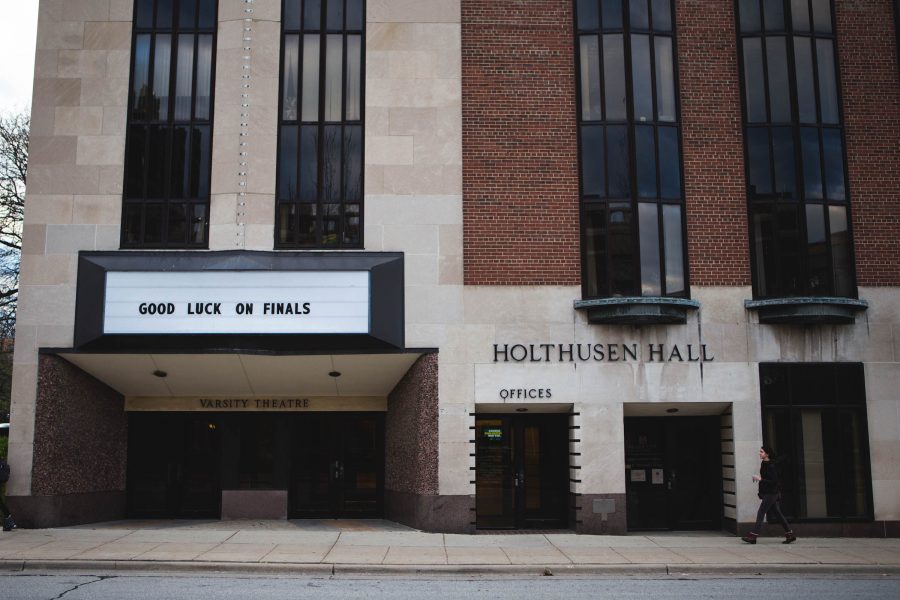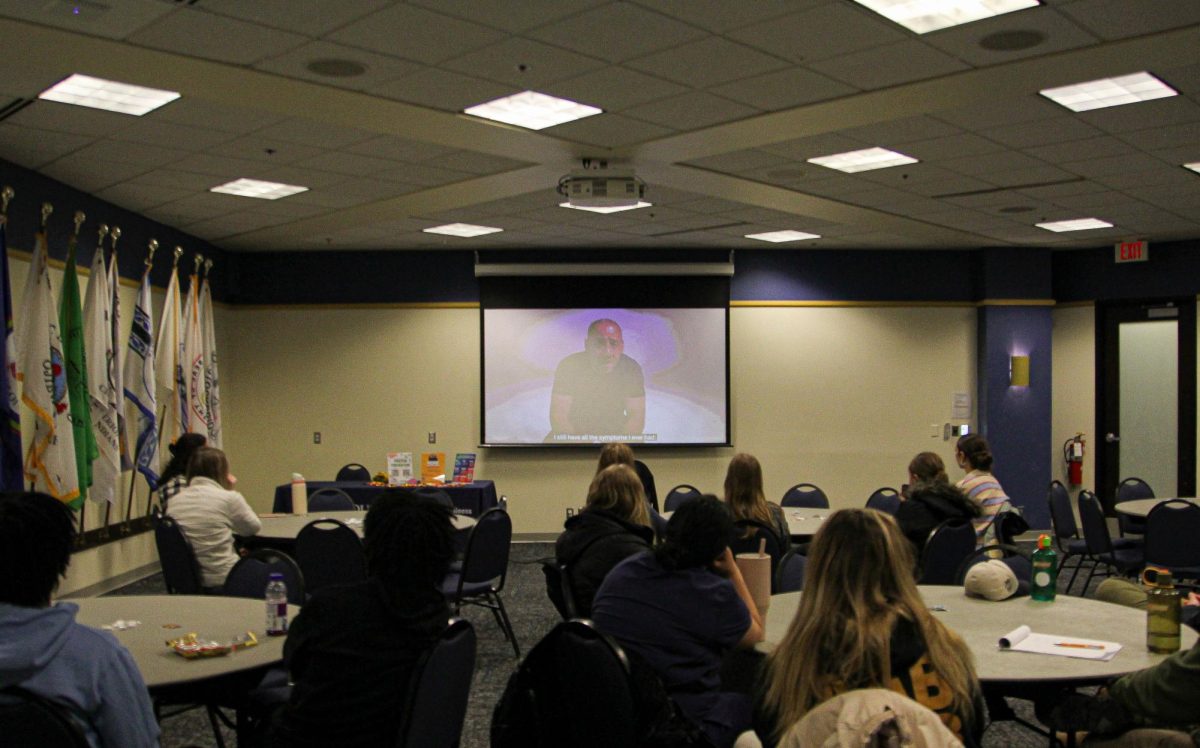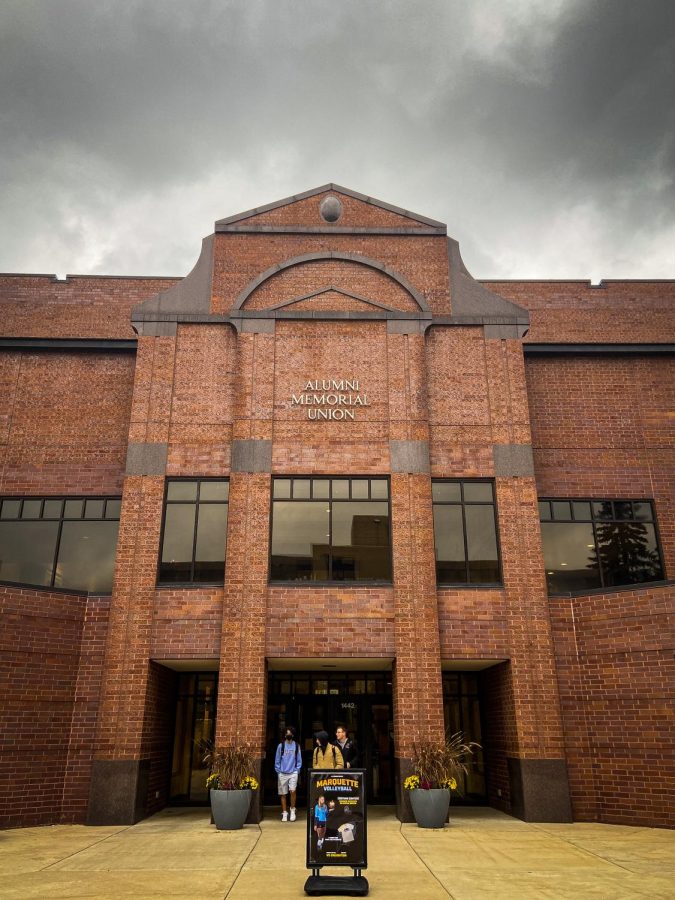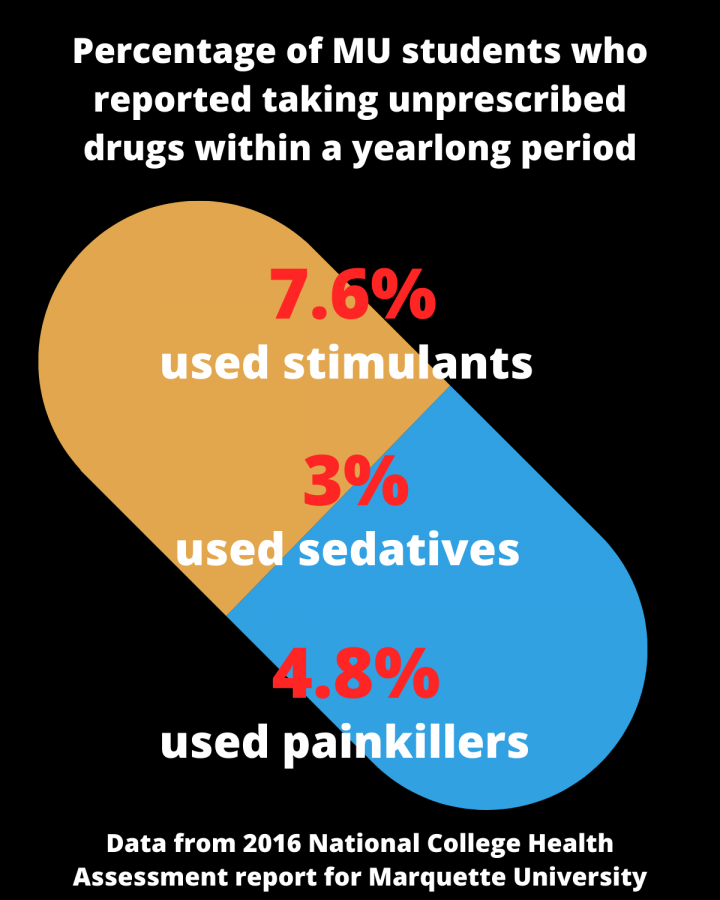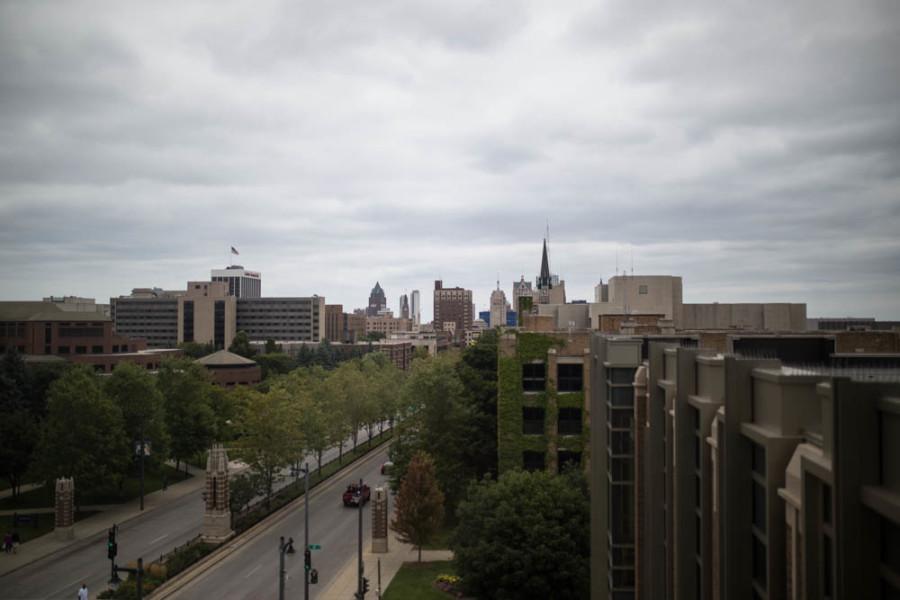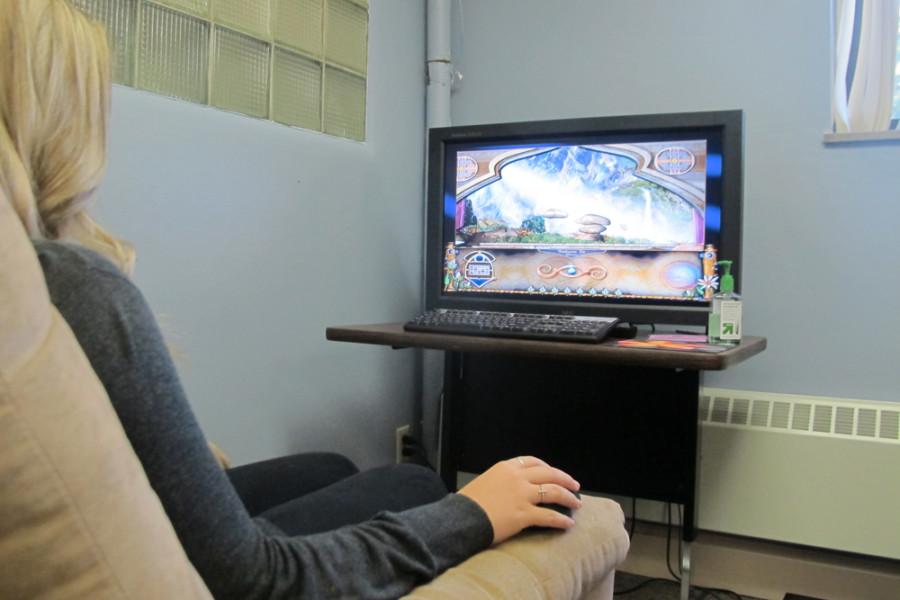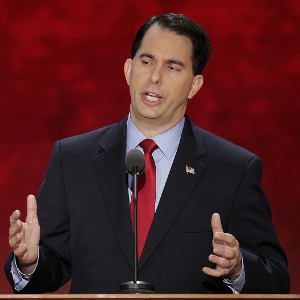Over the past four months, Marquette’s Counseling Center has experienced a large turnover in both full and part-time staff, leaving counselors and administrators at the center concerned about availability for new clients.
“Two full-time staff (members) were recruited by a local facility and a part-time counselor decided to focus on private practice,” said Michael Zebrowski, director of Marquette’s counseling center, in an email.
This unexpected outflow of staff put extra stress on the center’s remaining staff to post open positions and interview qualified candidates—not to mention maintaining the same level of treatment for students.
“There is not an easy fix when something like this happens,” Zebrowski said. “We are very selective about who we hire in order to preserve the quality of service.”
In response, new full-time staff members were hired, as well as part-time counselors to fill the gap. The center also hired a second post-doctoral resident for next fall.
Zebrowski said he and the counselors believe they were able to provide adequate coverage amidst the turnover, both for first-time appointments and those who have already started counseling. As the semester draws to a close, Zebrowski said the center made it through the period of understaffing with little impact on service provision.
The center does not have a set limit on sessions and doesn’t have a waiting list for students to receive counseling. It also offers walk-in crisis management for students who are in a crisis or are at risk to themselves or others.
“Decisions regarding how frequently a student is seen are based on our assessment of clinical need and appropriateness, as well as overall demand for Counseling Center services,” said Jodi Blahnik in an email, the director of the Student Affairs Assessment at Marquette.
This level of responsiveness may be due, in part, to both the center’s structure of patient treatment as well as the frequency of treatment different students need.
“Many students come in for one or two sessions and then feel they don’t need additional help. It is very rare for students to request sessions more than once a week,” Zebrowski said. If a student has a continued need that is much more urgent or concerning, the center will work to find them a higher level of care than outpatient counseling.
But some students feel they may not be receiving the best treatment as a result of this staff overhaul.
“I would say availability is low in terms of licensed counselors,” said Sam Kok, a junior in the College of Communication who visited the counseling center in previous semesters.
“The Counseling Center has grad students who counsel and there are always some around. Although they do good work, as far as quality, I only ever talked with a grad student so I don’t think I got the best care,” Kok said.
“Grad students don’t have the same experience as licensed counselors do and I think that detracts from what students can take away from their appointments. I wasn’t the only one who didn’t get to see a non-grad student counselor either,” Kok added.
Blahnik said the center sometimes has to set limits on the number of times a student can be seen.
“In order to remain accessible to all, there are reasonably limits to the amount of resources we can provide to any one student at any one time,” Blahnik said. “We can describe our services as short-term and we set treatment goals that can be accomplished in roughly a semester’s worth of time.”
Looking ahead, it is important that service quality and consistency are maintained, especially if another larger turnover happens again. Blahnik said during the 2014-15 school year, students were seen for an average of 4.5 appointments, a 9.8 percent increase from the previous two years. As this average continues to rise, the center’s resources will have to expand to match the level of necessary care.
Although the center doesn’t have a formally outlined contingency plan, there are external resources in place to provide relief.
When students first come in, a staff member determines if they fit the services offered or if they would benefit from a referral to an outside provider. Although most of these referrals are for students who need longer-term therapy, medication or a specialist, the center is able to assess initially how and where is best to meet students’ needs.
Local counseling providers are often willing to help out temporarily if needed, and the center maintains contact with those who have trained with them in the past if gaps in treatment become problematic. In an urban area like Milwaukee, many easily accessible treatment options outside of the center also exist. The extra post-doctoral trainee hired for the fall will also provide a much-needed cushion of support.
As the semester ends, discussions about transitioning to outside providers for the summer are underway, as almost all of the center’s staff have ten-month contracts with just a few providing counseling over the summer.
“Like most counseling centers, we could always use more staff. We continually work on striking the right balance of providing counseling and referring to outside resources,” Zebrowski said.
To achieve this balance, Zebrowski will be working with the soon-to-be hired VP for Student Affairs on plans to increase counselor retention.
“Having good counselors who understand college mental health is a must. It is imperative that we keep working on determining what is attractive to keeping these counselors on staff” Zebrowski said.

